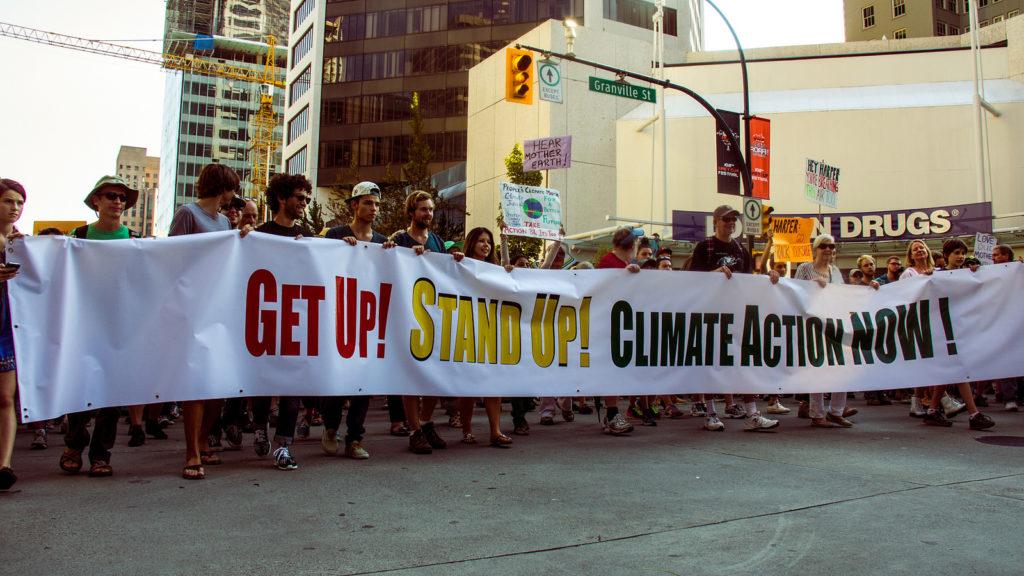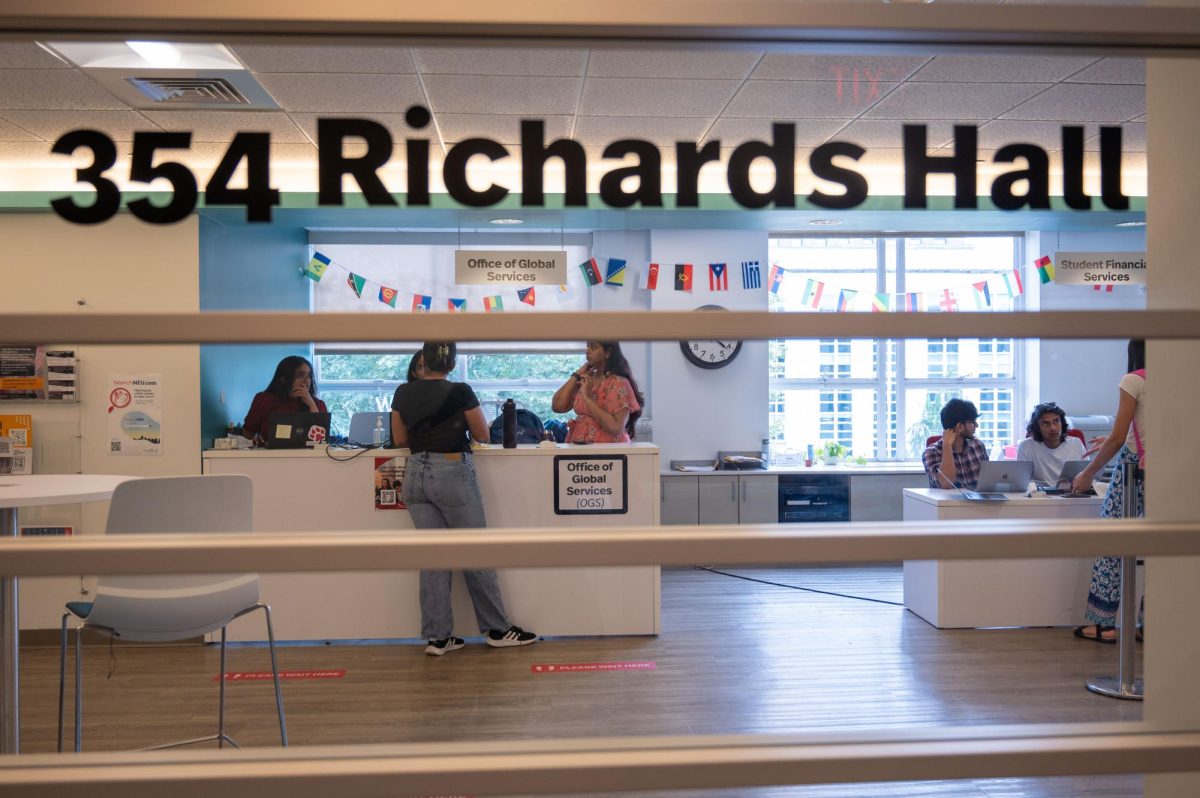By Molly Tankersley
You don’t have to be a climate expert to know that the rising generation has been cheated when it comes to inheriting a healthy and functioning environment.
The release of the latest Intergovernmental Panel on Climate Change report over the weekend, sponsored by the United Nations Environmental Programme, confirms our worst nightmares about climate change. It states, in no uncertain terms, that increased heat waves, storms, the acidification of the ocean and sea level rise are, and will continue to be, a devastating reality.
After decades of dooming climate studies surfacing in the scientific community, the environmentally-minded students of our generation have abandoned tree planting and poster painting in lieu of more direct and urgent approaches. Many took to the streets during the People’s Climate March in September in NYC.
Others are suing the federal government.
In 2011, five teenagers sought to address climate change in a widespread and effective manner. Without the resources or authority to do so, they turned to the institution that should be providing its citizens with the basic right to a livable future: the government. They filed a lawsuit against the federal government demanding that actions be taken to protect the atmosphere for future generations.
The basis of the lawsuit stems from an established legal theory known as the “public trust doctrine,” which has been used to protect waterways and wildlife through regulating hunting policies. Applying it to issues regarding the atmosphere is much more complicated, which is why University of Oregon law professor Mary Wood has spent her career creating a legal theory to address this called “atmospheric trust litigation.”
The teenagers lost traction in June when the US Court of Appeals found that there is no “federal constitutional foundation” for the suit because state law, rather than the federal government, dictates the protection of natural resources.
The plaintiffs responded by filing similar lawsuits in every state in the country.
Represented by the non-profit Our Children’s Trust, the group filed a petition with the US Supreme Court last month in an effort to revive the case after the US Court of Appeals ruled against them.
“I think a lot of young people realize that this is an urgent time, and that we’re not going to solve this problem just by riding our bikes more,” Alex Loorz, who led the initial lawsuits at the age of 17, said in an interview with The Atlantic.
Watching the US House of Representatives Committee on Science struggle to comprehend the basic concepts of sea level rise and openly ignore major consensuses in climate science is enough to make any logical human being demand more from their government. But how effective can a long shot lawsuit from five young activists really be in the face of climate change?
Many law experts see the teens’ legal standing as tenuous at best, given current US policies on atmospheric pollution, but all is not lost.
The true power of these young adults may not be in their legal argument, but in the much-needed wake up call they provide.
If people with the authority to do so won’t take action for the futures of their children and grandchildren, then those kids will take it for themselves – even if that means taking the federal government to court.
Your move, lawmakers.
Photo courtesy Chris Yakimov, Creative Commons.









